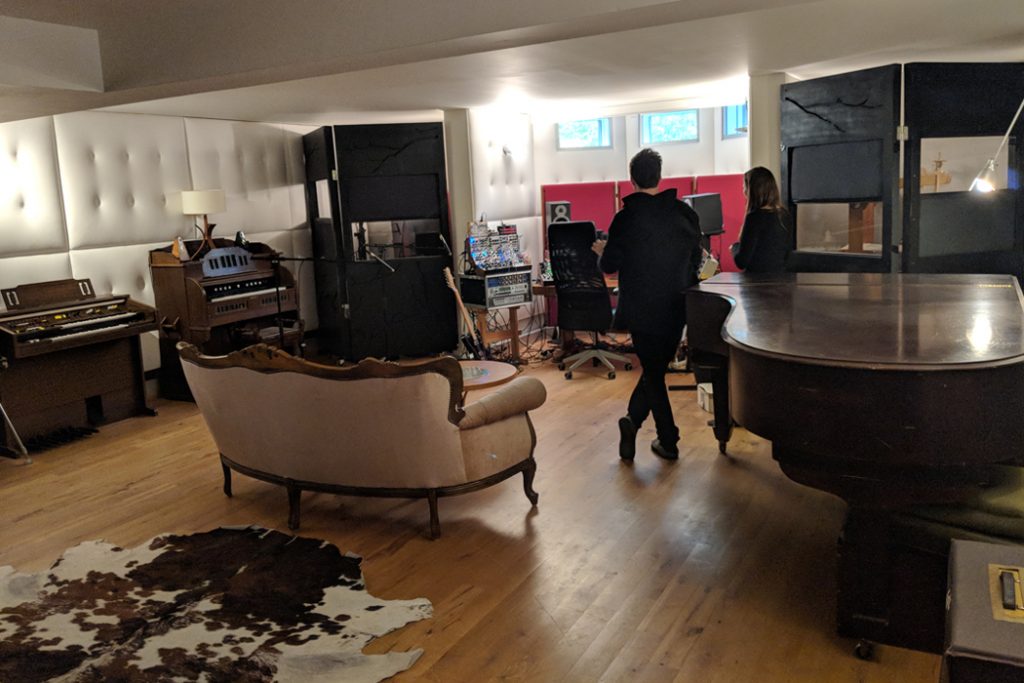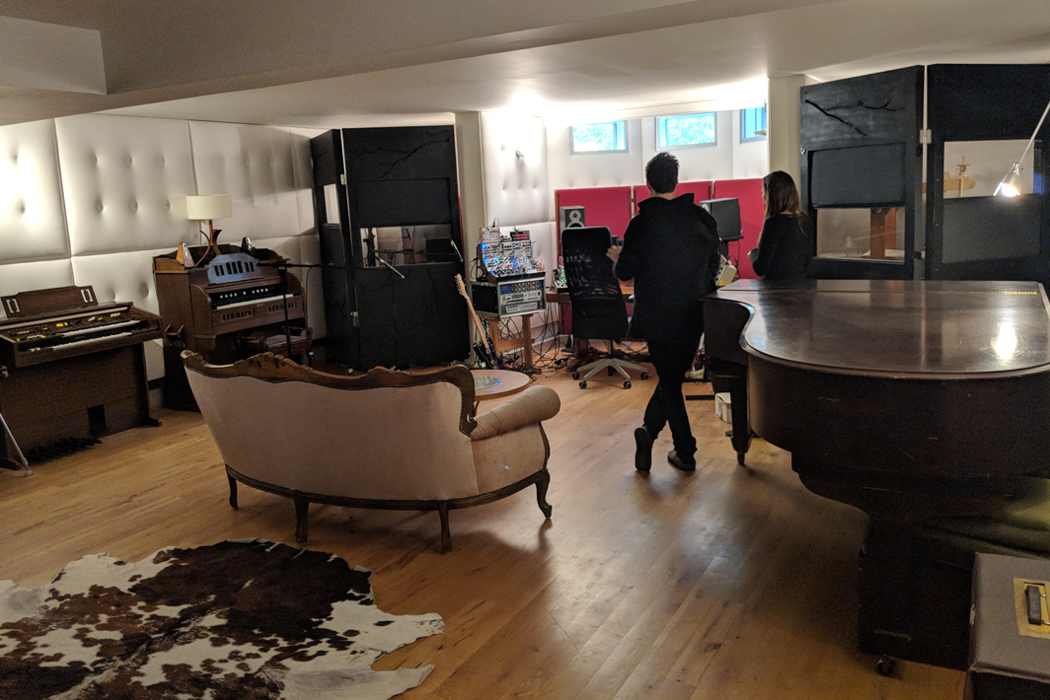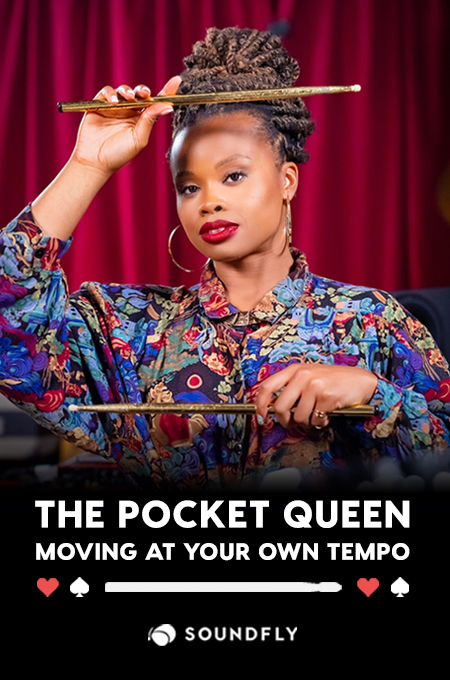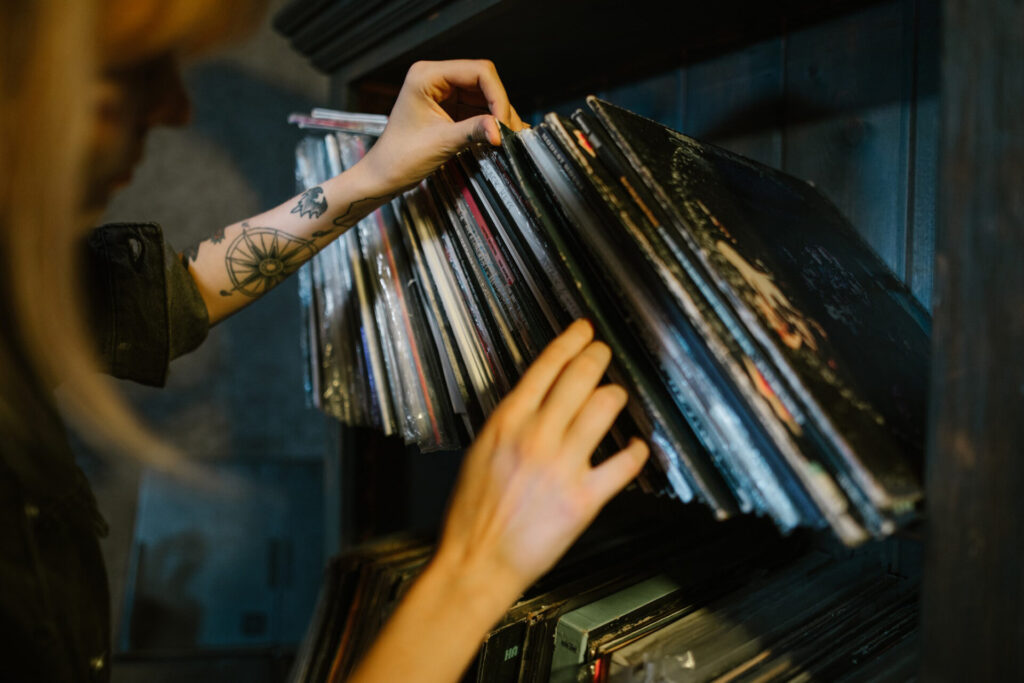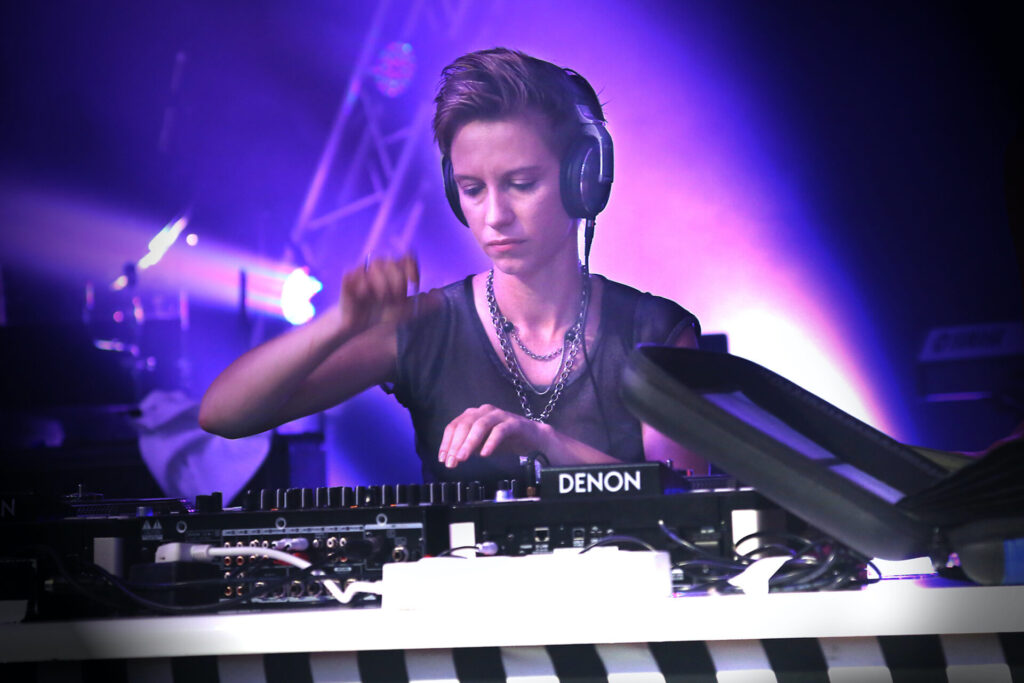+ Welcome to Soundfly! We help curious musicians meet their goals with creative online courses. Whatever you want to learn, whenever you need to learn it. Subscribe now to start learning on the ’Fly.
Photos of Greenhouse Studios (Reykjavik)
by Curtis Grens
Traveling to Iceland is like traveling to another world. In every way, it is the magnificent beauty that you expect it to be from all the advertisements, movies, and, of course, the incredible music to come out of this place over the last 20 years.
In this millennium, we’ve been graced by an overflow of Icelandic artists, such as Björk, Sigur Rós, and Of Monsters and Men, just to name a few. Icelandic staples like Greenhouse Studios and their in-house label, Bedroom Community, have become household names among artists across the world, with veteran recording engineer, producer, and composer Valgeir Sigurðsson at the helm of each project. Internationally renowned composers Nico Muhly, Ben Frost, and Alex Somers have all called Reykjavik home at one point, if not permanently, despite being from elsewhere in the world originally.
Perhaps as a result of this unique global cultural explosion, Iceland now receives over 2 million tourists per year, up from 1.7 million from 2016. In short, Iceland has made a name for itself, and people are paying attention. It’s not another world; it’s very much a microcosmic culmination of some of the best things this world has to offer.
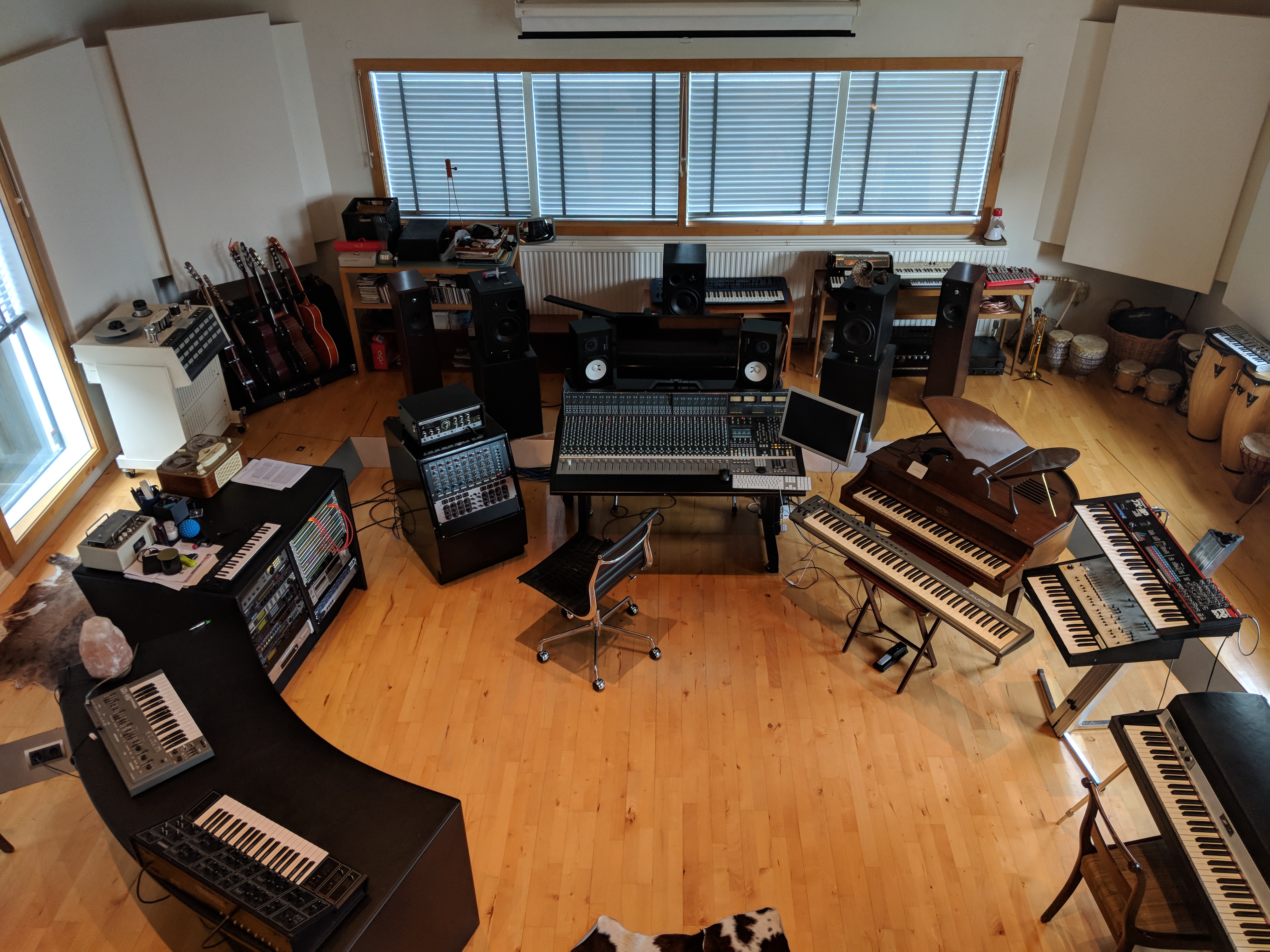
Sure, part of the allure comes from the fact that this country still feels like it’s straight out of a fairy tale. While Reykjavik is dotted with colorful Nordic homes and buildings, drive just 15 minutes outside the city limits and you begin to see the real magic of Iceland unfurl: the lush green mossy hillsides and majestic waterfalls, the hidden glaciers, the overgrown lava fields. You begin to get a glimpse into the endless beauty of not only the landscape, but the people. There seems to be a humble generosity that permeates every facet of the culture, and that I find most endearing.
Iceland is without a doubt a culture built upon curiosity. Study after study has shown that it’s one of the most innovative countries in the world, with a strong focus on nurturing and rewarding creativity from a young age. There is a personal and even governmental interest in nurturing imagination, and when it comes to supporting the arts, it turns out the island’s size — with a population just under 340,000 people (not a typo) — actually works in its favor. Especially when it comes to the music scene.
“Being small plays a huge part here,” explains composer/producer Pétur Jónsson. “I run my studio in a cluster of 21 recording studios and production rooms, always full of artists and musicians, who get to know each other over a cup of coffee when they come here to work. Most of them are really nice people, and want the best for each other. Networking is easier in a small country.”
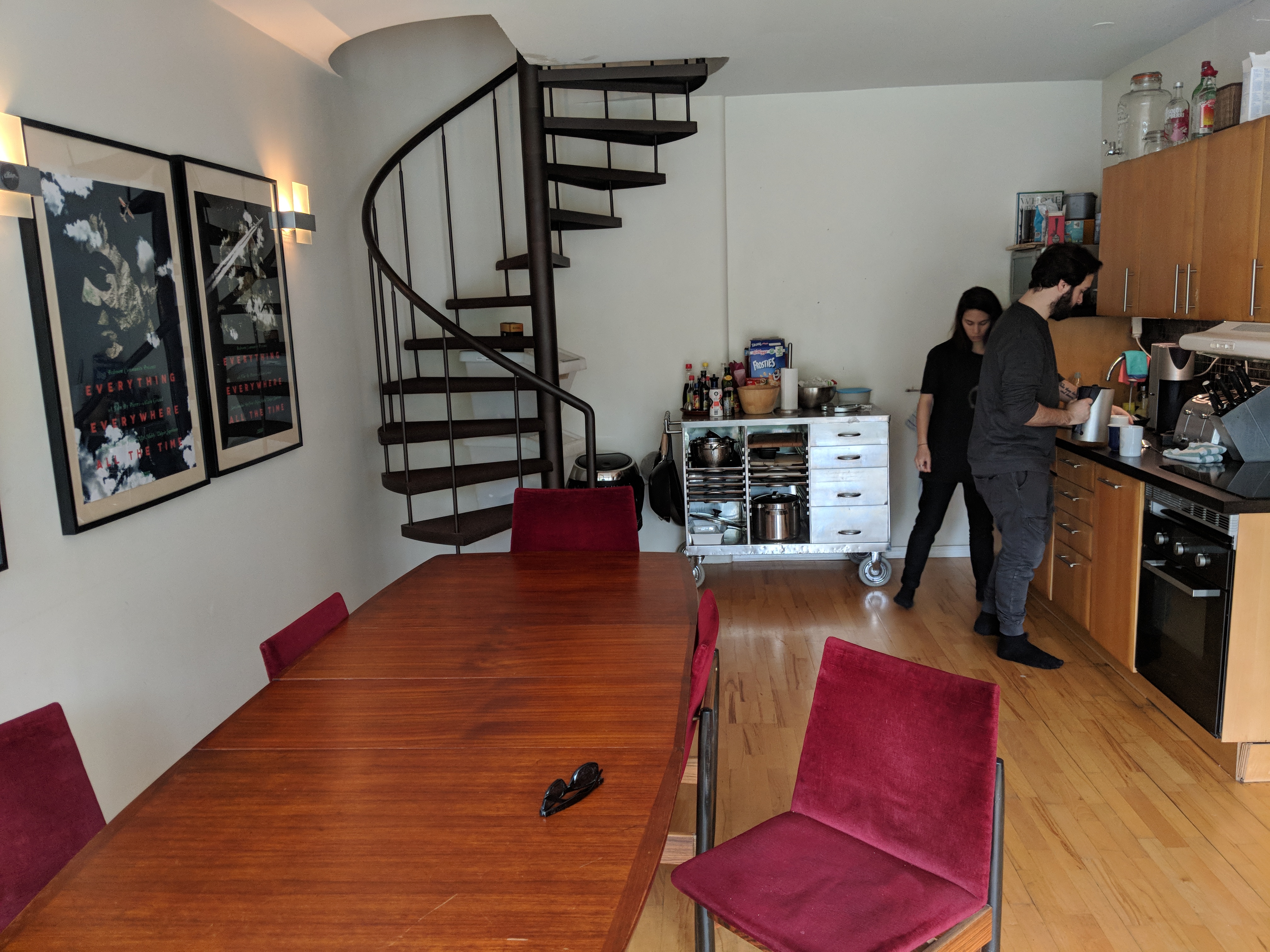
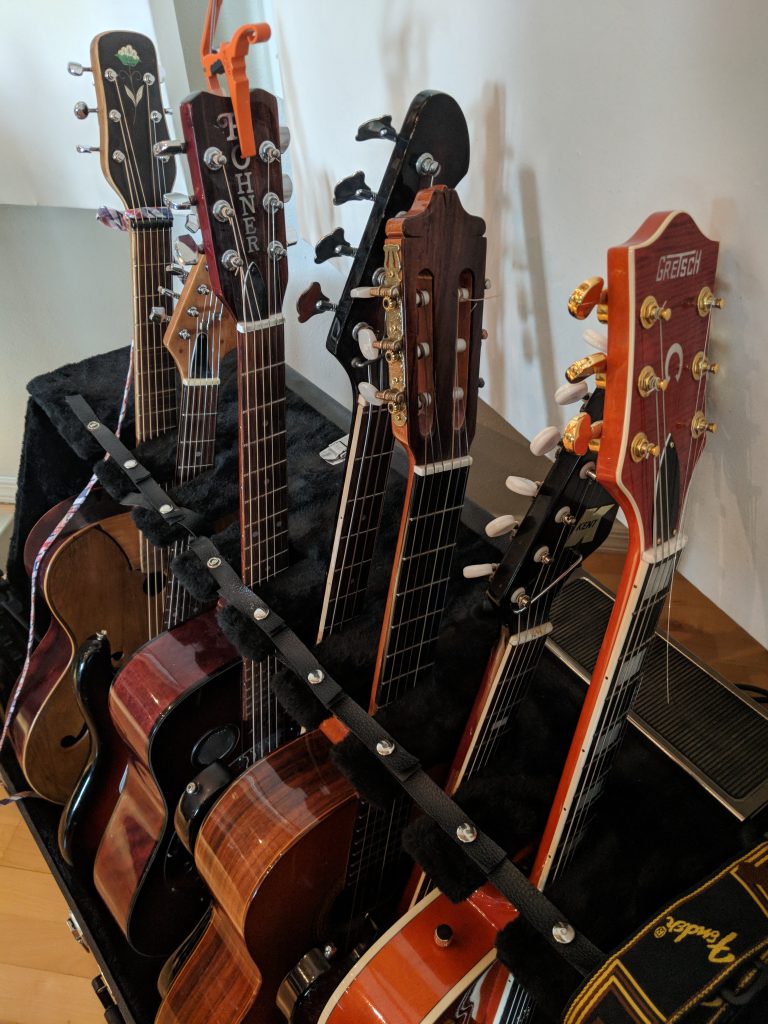
Picture that. An industry where artists gather together to help one another, to hear about and genuinely find interest in what the other is doing. It’s a place where networking isn’t so much about what someone else can do for you, but about finding a genuine connection with another human being. If we can get real for a minute, that’s incredibly inspiring.
So I started thinking, what can we learn from this? Is there any way that North America could model our own outlook and approach to the music “business” to create a more collaborative, less competitive culture?
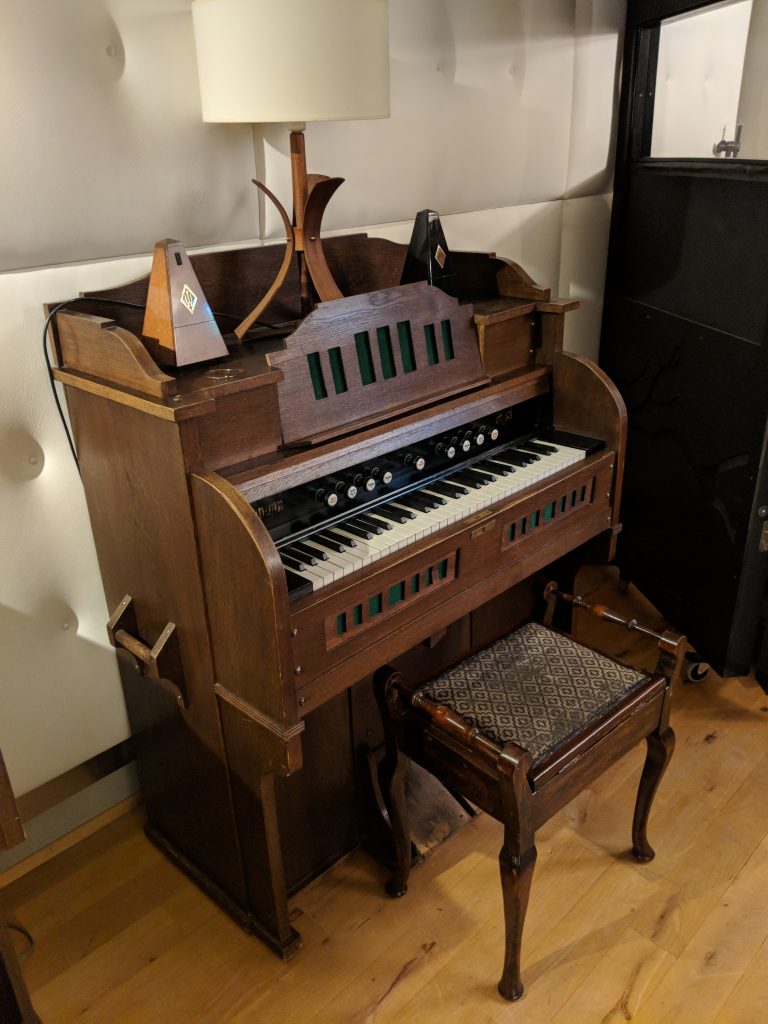
Community > Competition
From an early age, community is engrained in the Icelandic culture. So in many ways, you could say that’s a pretty strong basis for what happens later in life, and what contributes to a more collaborative music industry. A small population living on an island where nobody can really “hide,” and therefore knowing most of your neighbors — these things have their perks that we just can’t replicate here in North America.
But that doesn’t mean there aren’t valuable lessons to take away. For instance, in Iceland, certain milestones and achievements don’t feel as inaccessible as they do here. While you might not be able to get in touch with the CEO of a major Icelandic label, getting in touch with other artists, promoters, or managers is not the never-ending chase game that it is in the US. There isn’t that same “elitist” hierarchy that we find here, just because someone has had a bit more success than someone else.
First and foremost, try to stay humble, and give everyone in your scene the time of day. Kindness is contagious.
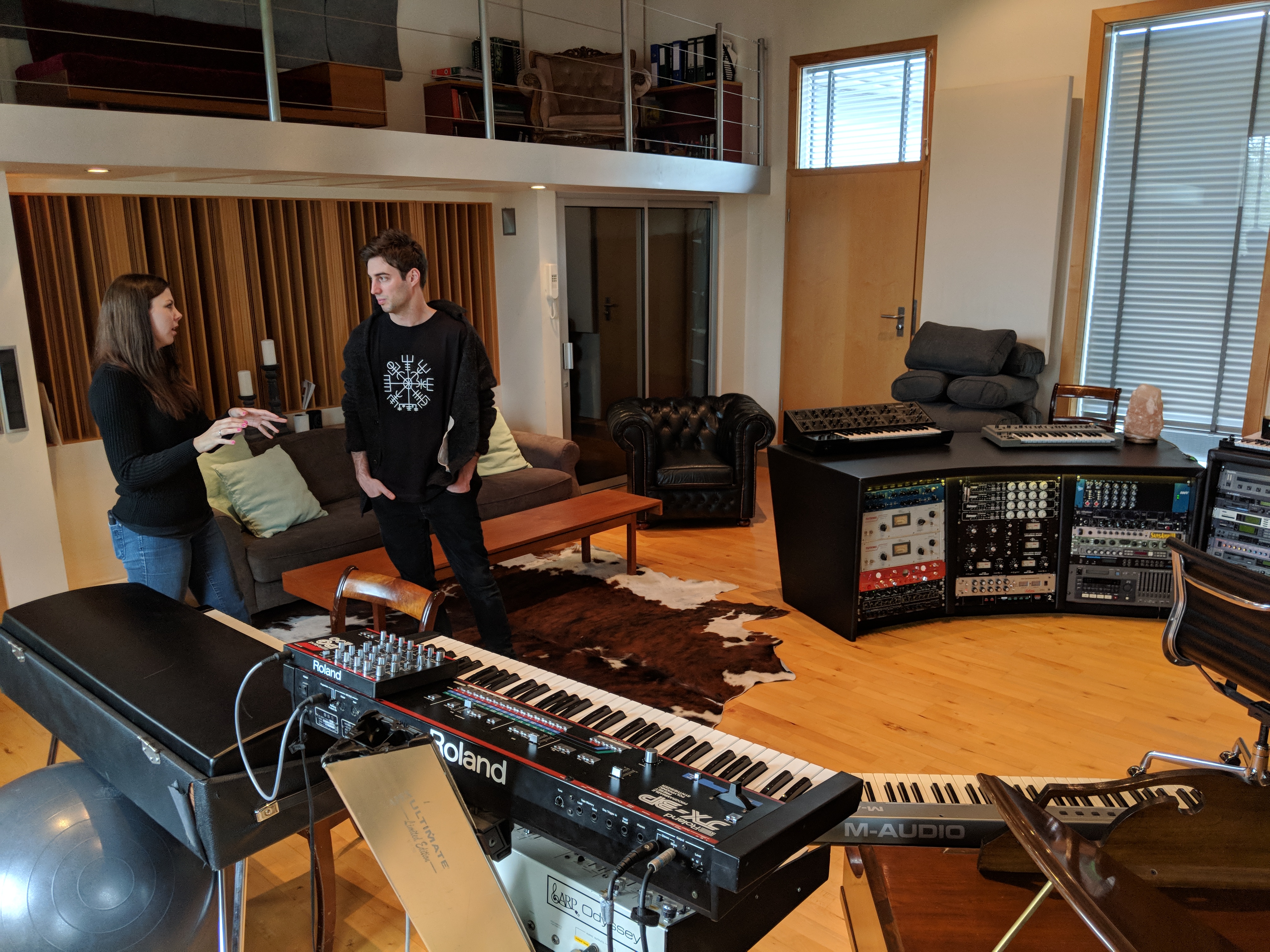
As an example, when I visited Reykjavik this summer, I reached out to Greenhouse Studios and asked them if they’d be willing to host me for a quick tour and chat in the next few days. It was short notice, they had no idea who I was, and they were undoubtedly busy — this is, after all, the studio that has recorded Icelandic greats such as Sigur Rós, Björk, Of Monsters and Men, The xx, Feist, and tons more. They’ve got notches in their Grammy belt, too.
Yet they swiftly responded and told me to “drop by anytime.”
When I did, along with my photographer friend Curtis, they graciously showed us around, allowed us to take photos, and offered us coffee and a chat. We talked about Iceland’s music scene, but before long the conversation turned to non-musical topics. We chatted for nearly an hour about everything and nothing, and they seemed happy to do it. I didn’t feel rushed so they could get back to business, it didn’t feel forced, it just felt like… an actual community. It felt refreshing.

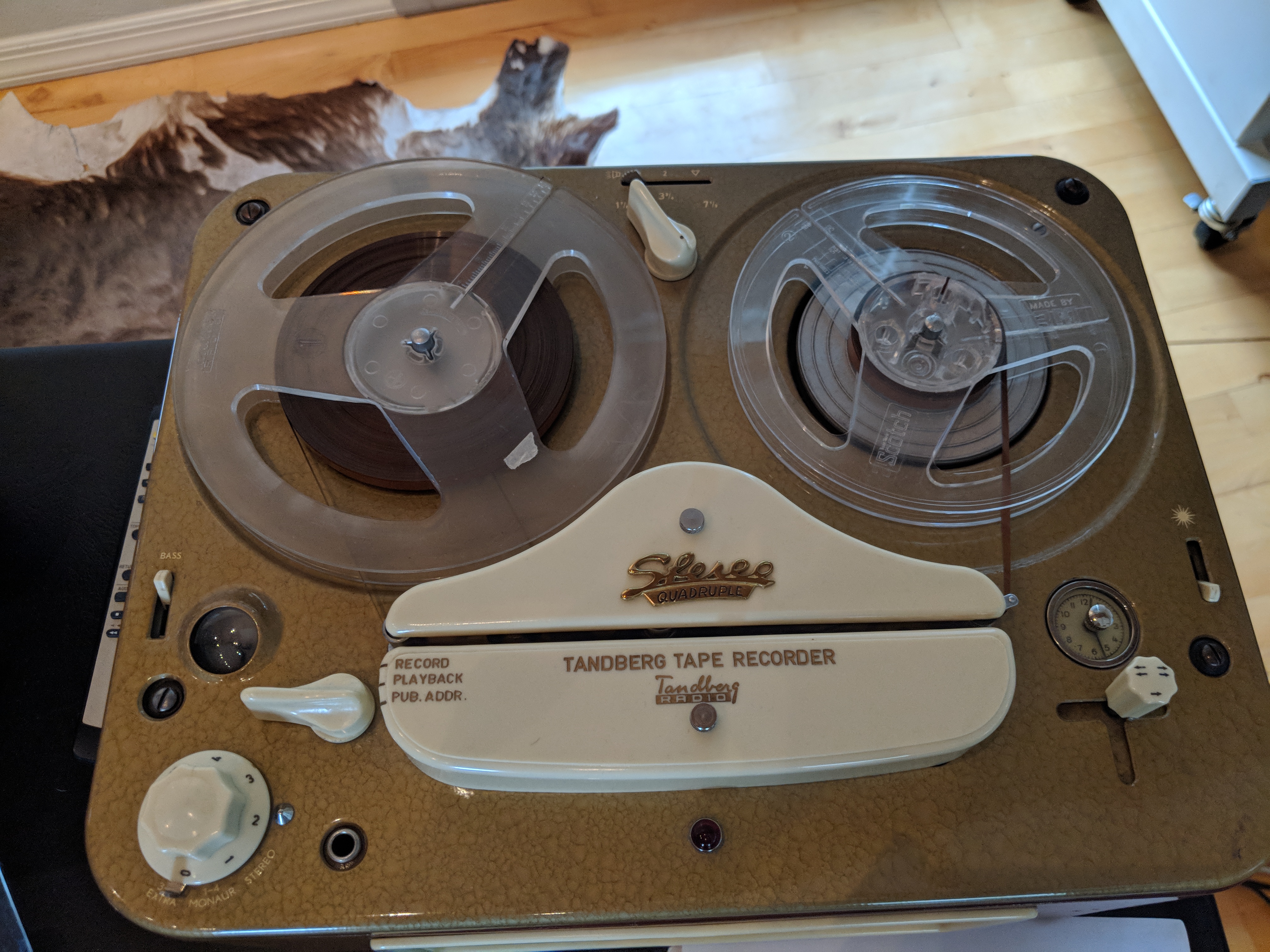
I honestly don’t think that same experience could exist in North America’s music scene as it is today —not without all the ropes and red tape and hustle. Certainly, I can’t imagine it existing with the same level of comfort.
And that’s a shame. Because if there’s one thing I know to be true, it’s that we are all so much better off in this industry when we’re working together and rooting for one another. When we’re on each other’s side, competition drops away completely.
My advice is to get involved in some activities happening within your local DIY music community, or a nearby one. Reach out to local organizers and ask how you can help, offer to play for free at a local community benefit, make sure you’re playing house venues and intimate spaces in your area, and take every opportunity to build your connections amongst the scene. Remember, this isn’t about getting ahead — it’s about developing the bonds of a fragile community so that it can be utilized as a safety mechanism for everyone involved.
In a place like New York City, where so much of the DIY identity is tied up in being a reaction to the overpricing and corporatization of art spaces and opportunities, or the forced gentrification and homogenization of neighborhoods, it’s hard to see how these cultural communities are similar to that of Iceland’s. I think if we make our music scenes truly about the people, the trust, and friendships, they’ll begin to look more unified.
There’s no overnight solution for creating a music community that is as vibrant, collective, and community based as what I’ve seen from the one in Reykjavik. But I believe we have all the same opportunities to create a culture in which we support one another, rather than tear each other down. Where we curiously look to others for guidance and inspiration instead of trying to prove something by doing it all on our own (although paving your own road has its benefits), or where we support the people in our scene and want them to succeed, rather than secretly hoping they fail, there will be greater bonds and easier paths for us to walk.
I want to thrive in a music community that looks after one another and takes care of its people, and shows human kindness to one another. I want to take a page from Iceland and change networking from something that seems scary and calculated to a cup of coffee and conversation.
I believe we can get there, but I believe we need to do it together.
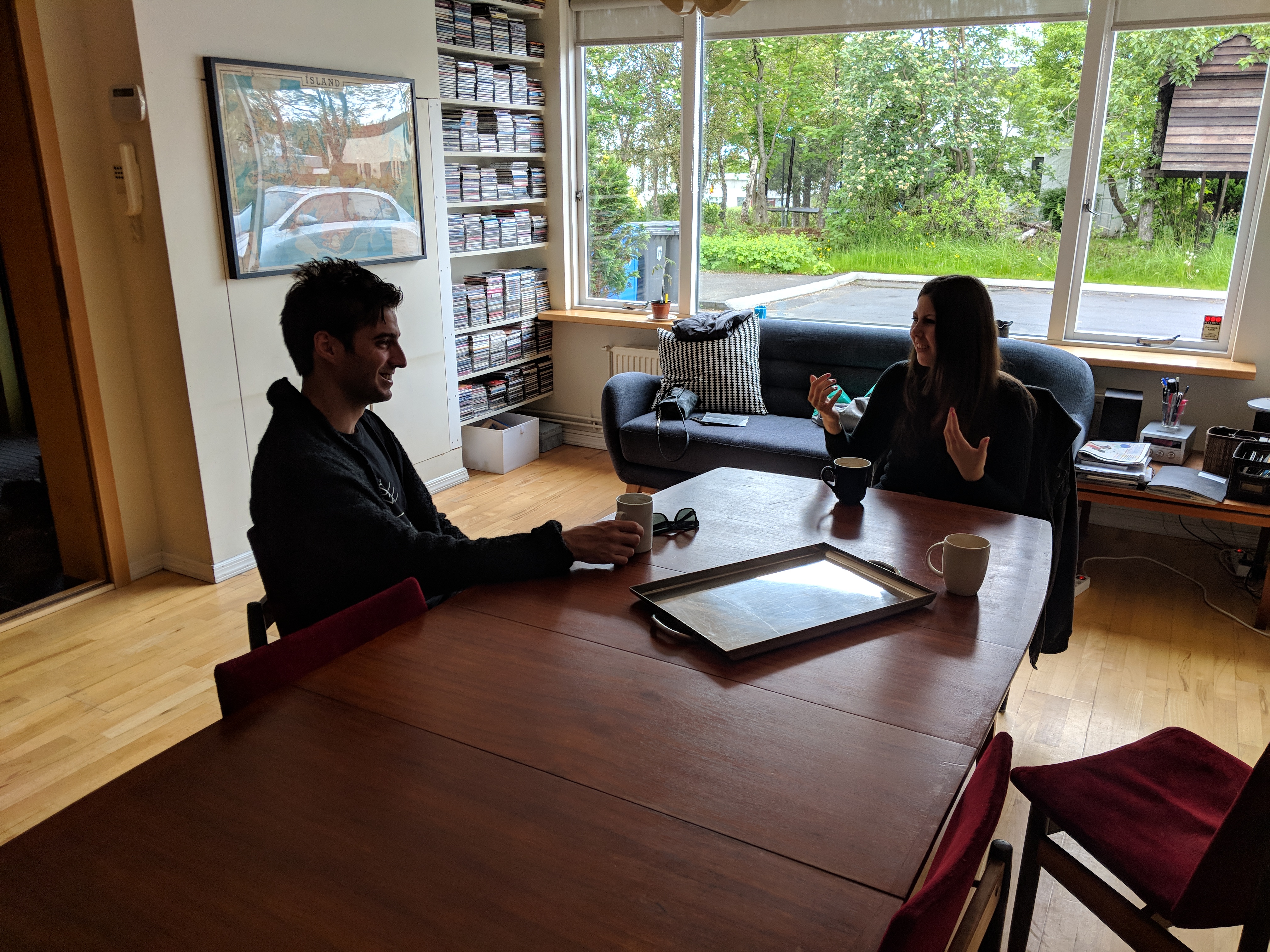
Continue learning about music theory, composition, arrangement, harmony and chord progressions with Soundfly’s in-depth online courses, like Unlocking the Emotional Power of Chords, Introduction to the Composer’s Craft, and The Creative Power of Advanced Harmony.
Subscribe for unlimited access here.
